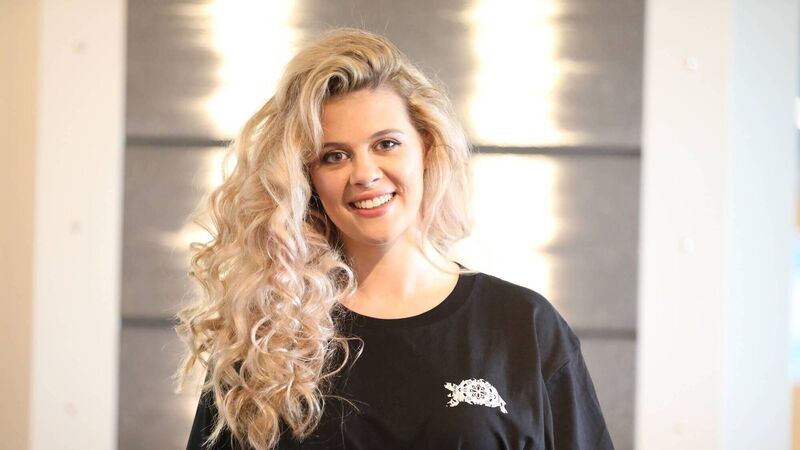Overparenting, technology leading to anxiety in children as young as six

Twenty-five-year-old remembers all too well what it was like to be a teen with anxiety.
Colman Noctor, a child and adolescent psychotherapist who works with St Patrick’s Mental Health Services in Dublin says he has never met so many anxious children and parents in the last five years. And while Covid-19 isn’t helping “being told to keep away from people, not to go there, not to share things when we are already anxious is not good and I do worry about the long-term repercussions.” Over-parenting and technology seem to be driving the anxiety amongst our young children. “It tells us that children nowadays cannot cope with the pressures and also in some ways that our children are lacking in resilience”.











